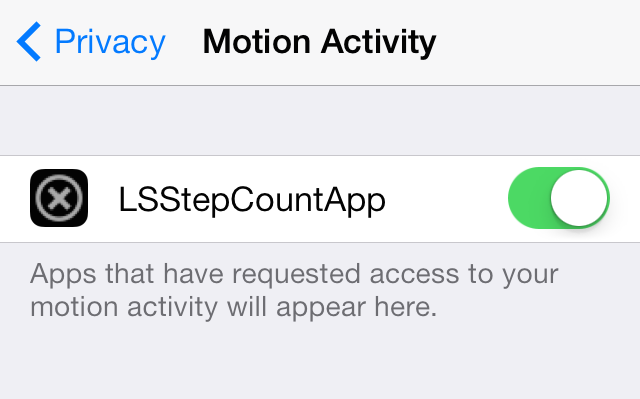The setFormats() method of java.text.MessageFormat class is used to set the new format element at the particular index in the pattern of this message format object.
Syntax:
public void setFormat(int formatElementIndex,
Format newFormat)
Parameters: This method takes the following argument as a parameter:
- formatElementIndex: this is the particular index where new format element is going to be placed.
- newFormat: this is the new Format element which is going to be placed.
Return Value: This method has nothing to return.
Exception : This method throws ArrayIndexOutOfBoundsException if the formatElementIndex is out of bound.
Below are the examples to illustrate the setFormat() method:
Example 1:
// Java program to demonstrate// setFormats() method import java.text.*;import java.util.*;import java.io.*; public class GFG { public static void main(String[] argv) { // creating and initializing MessageFormat MessageFormat mf = new MessageFormat("{0, date, #}, {0, number, #.##}, {0, time}"); // display the current pattern System.out.println("old pattern : " + mf.toPattern()); // getting all the format element // used in MessageFormat Object Format[] formats = mf.getFormats(); // setting the new format element // at particular index // using setFormat() method for (int i = 0; i < formats.length; i++) mf.setFormat(i, formats[1]); // display the result System.out.println("\nnew pattern : " + mf.toPattern()); }} |
old pattern : {0,date, #}, {0,number, #0.##}, {0,time}
new pattern : {0,number, #0.##}, {0,number, #0.##}, {0,number, #0.##}
Example 2:
// Java program to demonstrate// setFormats() method import java.text.*;import java.util.*;import java.io.*; public class GFG { public static void main(String[] argv) { try { // creating and initializing MessageFormat MessageFormat mf = new MessageFormat("{0, date, #}, {0, number, #.##}, {0, time}"); // display the current pattern System.out.println("old pattern : " + mf.toPattern()); // getting all the format element // used in MessageFormat Object Format[] formats = mf.getFormats(); // setting the new format element // at particular index // using setFormat() method for (int i = 0; i <= formats.length + 1; i++) mf.setFormat(-1, formats[1]); // display the result System.out.println("\nnew pattern : " + mf.toPattern()); } catch (ArrayIndexOutOfBoundsException e) { System.out.println("\narray is out of bound"); System.out.println("Exception thrown : " + e); } }} |
old pattern : {0,date, #}, {0,number, #0.##}, {0,time}
array is out of bound
Exception thrown : java.lang.ArrayIndexOutOfBoundsException: -1


… [Trackback]
[…] There you will find 83704 more Info to that Topic: geeksforgeeks.org/messageformat-setformat-method-in-java-with-example/ […]